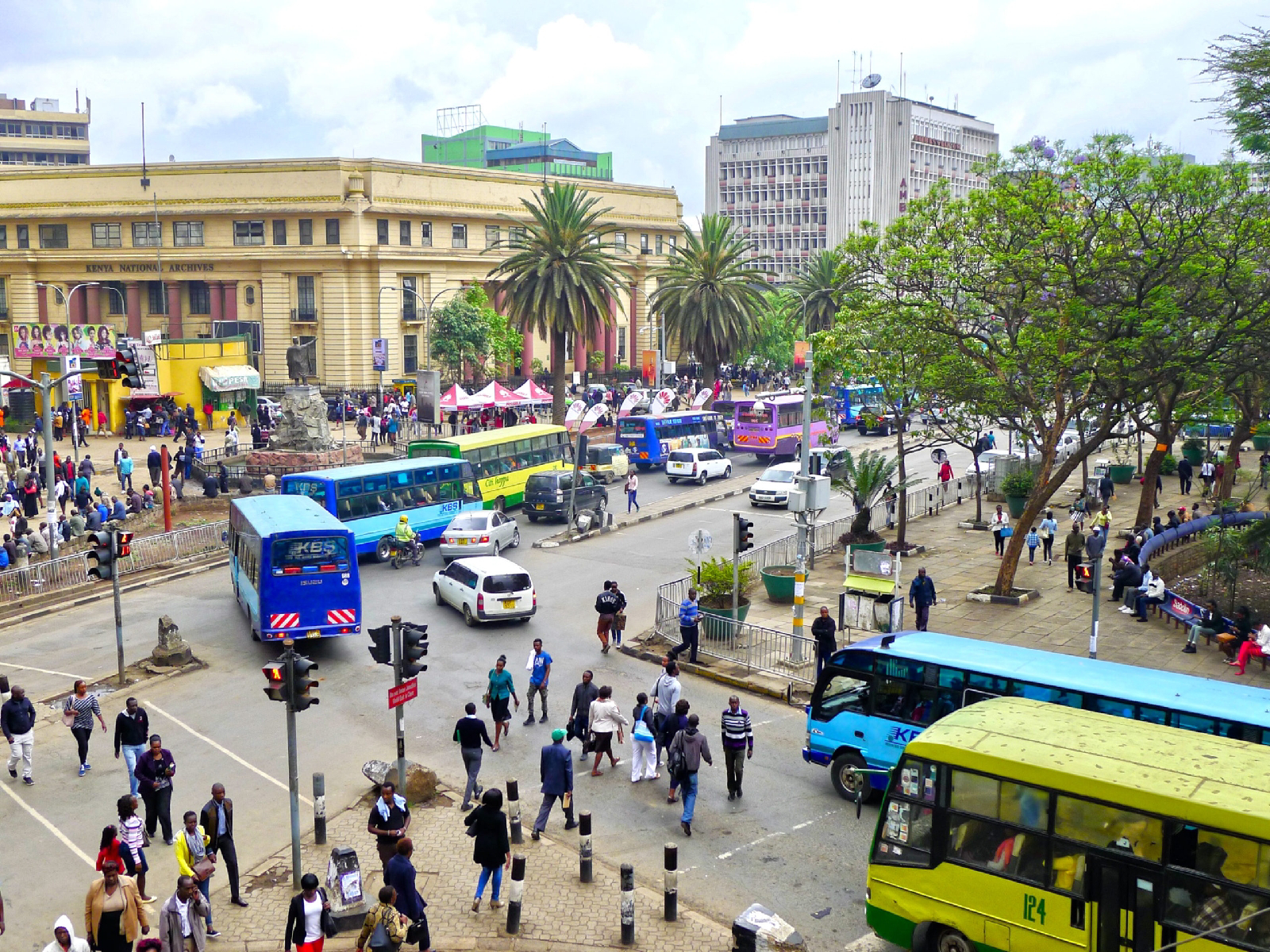Kenyan Ministries and Health Organization Unite to Combat Triple Threats Among Adolescent Girls
BY WINTON ZAK
Concrete discussions aimed at addressing the intertwined challenges of new HIV infections, adolescent pregnancies, and sexual and gender-based violence among young people are at an advanced stage in Nairobi.
These efforts, spearheaded by the Center for Reproductive Rights, the Reproductive Health Network Kenya, the Ministry of Health, and the Ministry of Education, mark a significant step towards Kenya’s progress on the United Nations’ Sustainable Development Goals (SDGs).
Sexual and reproductive health and rights (SRHR) are central to this initiative, encompassing family planning, maternal health, safe abortion access, and the prevention of sexually transmitted infections (STIs). The Ministry of Health has introduced interventions to reduce maternal, paternal, and antenatal mortality rates. Despite these efforts, 14% of Kenyan women of reproductive age (15-29 years) still lack access to family planning services.
To address this, the Ministry of Health has developed new market products targeting adolescents aged 18 and above to enhance family planning and reduce new HIV infections. Youth-specific private health services have also been expanded, increasing coverage from 12% to 16%, a significant improvement.
A comprehensive strategy targeting youths, including the development of a Parent and Caregiver Guide Strategy in 2022, is also underway. Additionally, mental health and substance abuse, major drivers of these issues, are being tackled by the Ministry.
Gender equity promotion, particularly in eliminating female genital mutilation (FGM) and gender-based violence (GBV), is another focus area. The ministry has established gender desks at police stations and has enhanced the capacity of healthcare providers to assist youths with reproductive health and relationships.
Final touches are being made on the SRHR policy, family planning guidelines, and the age at which teenagers can access these services, which remains a contentious issue under the Children’s Act.
The Center for Reproductive Rights and the Reproductive Health Network Kenya have segregated age groups among pregnant teenagers (10-14 years, 15-17 years, and 18-19 years) to identify the most vulnerable groups and tailor interventions accordingly.
According to the latest reports from the Kenya AIDS Strategic Framework, Nairobi’s HIV prevalence stood at 3.2% in 2023. The framework aims to reduce new infections by 75%, with Kenya currently achieving a 72% reduction as of 2022.
This multi-faceted approach highlights the collaborative efforts of various stakeholders in combating the significant barriers posed by HIV, adolescent pregnancies, and sexual and gender-based violence, ensuring a healthier future for Kenya’s youth.




Comments
Post a Comment